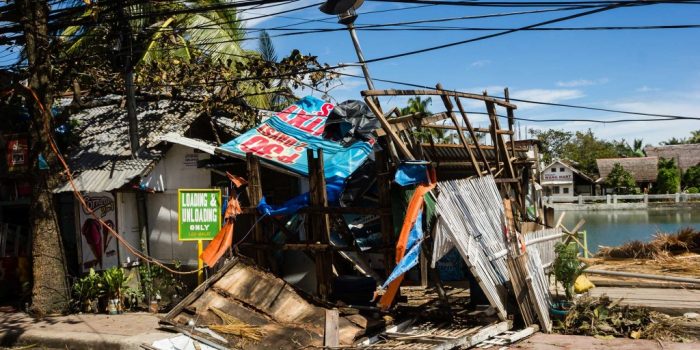Why Donors Should Take the Long View
Whenever a disaster happens, the Center for Disaster Philanthropy team goes to work quickly to assess a situation, reach out to our responding partners, and be the link between donors and organizations on the front lines. That work goes on for a long time, even though it’s often without the same urgency that those early […]
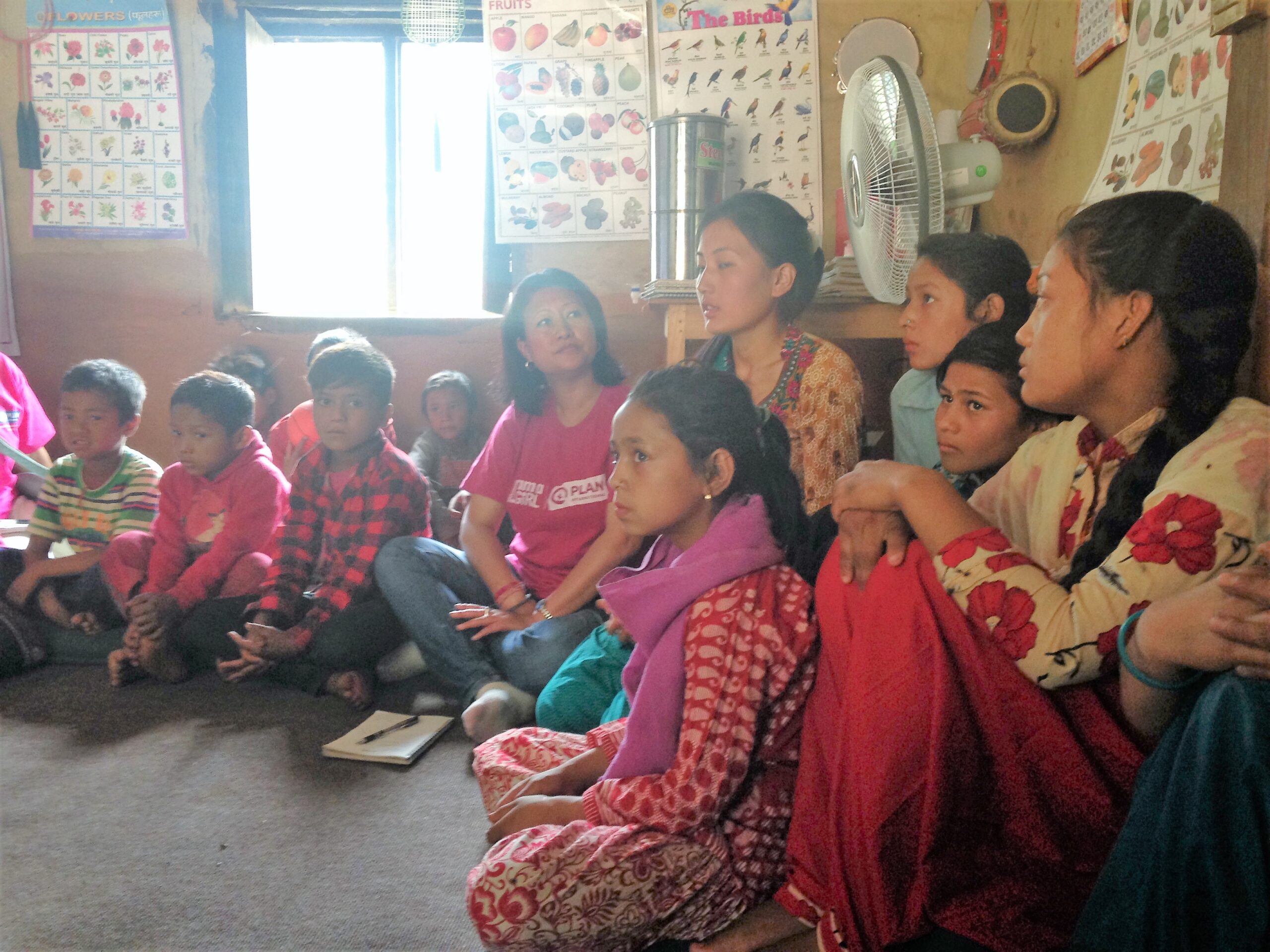
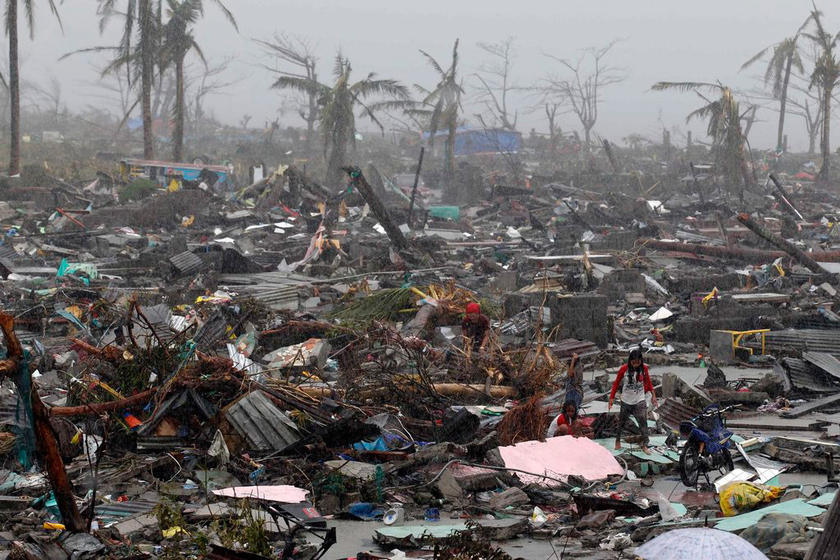
Whenever a disaster happens, the Center for Disaster Philanthropy team goes to work quickly to assess a situation, reach out to our responding partners, and be the link between donors and organizations on the front lines. That work goes on for a long time, even though it’s often without the same urgency that those early days require.
Right after a disaster, I always find myself advising donors to hold some of their money before responding. Or give it to CDP to hold on to, for long-term response. But it is difficult to ignore the immediate demands, and it is even more challenging to understand the look of long-term disaster recovery right away.
When we launch a disaster recovery fund, our focus is always on the mid- and long-term needs of a disaster. For that reason, we wait at least six months to disperse funds. Those six months give us vital time to assess how local response is progressing, learn more from our partners about the challenges they are facing, and determine what things are being ignored.
When CDP assessed the needs of Typhoon Haiyan, we came up with a long list that would carry into the next five years – things such as permanent housing, livelihood recovery, health infrastructure, and more. The next question we asked was what can we address with admittedly small funds and still make a difference in?
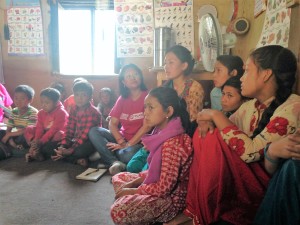
After discussing this, our grant oversight committee ultimately focused on some very rewarding work in the area of maternal health – work with long-term payout for years to come.
Similarly, in Nepal, CDP staff and our grant committee looked at a long list of needs, overlaid with a list of groups that we knew to be marginalized, and determined our focus point should be children and protecting their nutrition, health, education, and future.
I share these stories to make two points: I believe in the process because it’s necessary and because it works.
The long view on disasters is essential because too often, attention fades in a mere month, even from U.S. disasters. Yet the communities that suffer the disaster spend years working to recover, facing unpredictable challenges, and often without broader support. It is crucially important that funders be willing to put their money aside, or entrust someone else to hold their gift, until they know how their donation will have the most significant impact on recovery. In Nepal, our grantees have faced a fuel and supply blockade, much government wrangling over permits, and even a second earthquake just a month after the first one. Those are all incredible challenges that are not overcome by funding needs outlined in the immediate aftermath.
And I believe in the wait and fund principle because it does work. Long-term recovery is a brutal but beautiful thing. And it’s important that those of us in the funding arena are able to support the complete scope of recovery – from the beginning to end – with an understanding of the many factors that will affect that recovery. To go back to our work in Nepal, we chose to fund projects centered on children because of key social issues such as child marriage and trafficking. Understanding how social factors like these play into recovering from a disaster is complicated.
It takes extra work on our part, understanding what those factors might be, and asking the hard questions. But it is work and effort and time well spent.
More like this
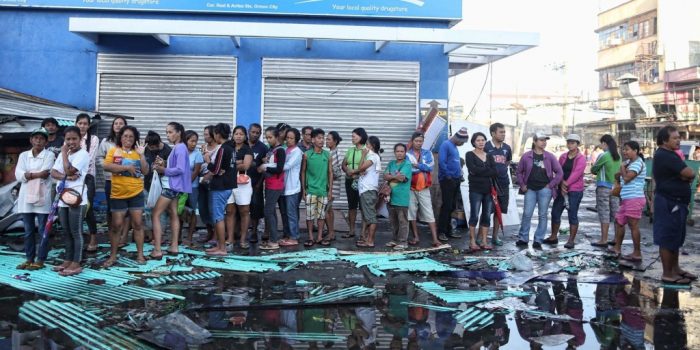
Haiyan Recovery Still Has Long Road Ahead
